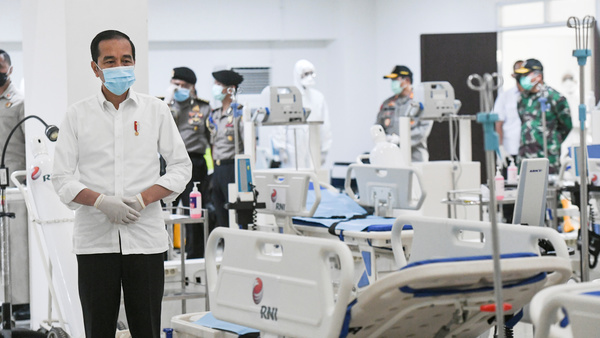New Delhi: As COVID-19 cases continue to rise in South-East Asia, the WHO cautioned Friday countries in the region to take ‘evidence-informed action’. The WHO asserted countries should conduct careful assessment of the local epidemiology. Then only it should decide on the health and social measures to be taken to combat the pandemic coronavirus.
Figures on the rise
The region has nearly 1,22,000 cases and 4,000 deaths due to COVID-19. In India, the death toll rose to 2,649 and the number of cases climbed to 81,970, according to latest data.
Countries in the region are in various transmission scenarios and the cases are increasing. In every transmission scenario, the core public health measures remain the same. They are rapidly detect, test, isolate, care and trace contacts, said Dr Poonam Khetrapal Singh. She is the regional director of WHO South-East Asia. Poonam said moving forward ‘we need to scale up these measures’.
Focusing on epidemiology
Poonam pointed out that the focus should be on the local epidemiology of COVID-19. This will help in identifying hotspots and clusters. Then only the cases can be isolated and the system of treatment be ascertained, she said.
“Countries in the region must continue to take evidence-informed action and conduct careful risk assessments. Then they can wind back on public health and social measures,” the WHO regional director said.
Containment of COVID-19
In the coming period all efforts should be made to control and suppress spread of COVID-19. The endeavour will be to strengthen and maintain health services, support each other to stay safe, healthy and well, Poonam said.
“The region with one-fourth of the global population and disproportionate disease burden, however, continues to be vulnerable. This is because of high population densities, mega-urban slums, migrant groups, socio-economic drivers impacting compliance to physical and social distancing. Then there is the global shortage of essential medicines and commodities. So it is better to be prepared than wait for the unexpected,” Poonam asserted. “There can be no illusions: We are in this for the long haul,” warned Poonam.
PTI

